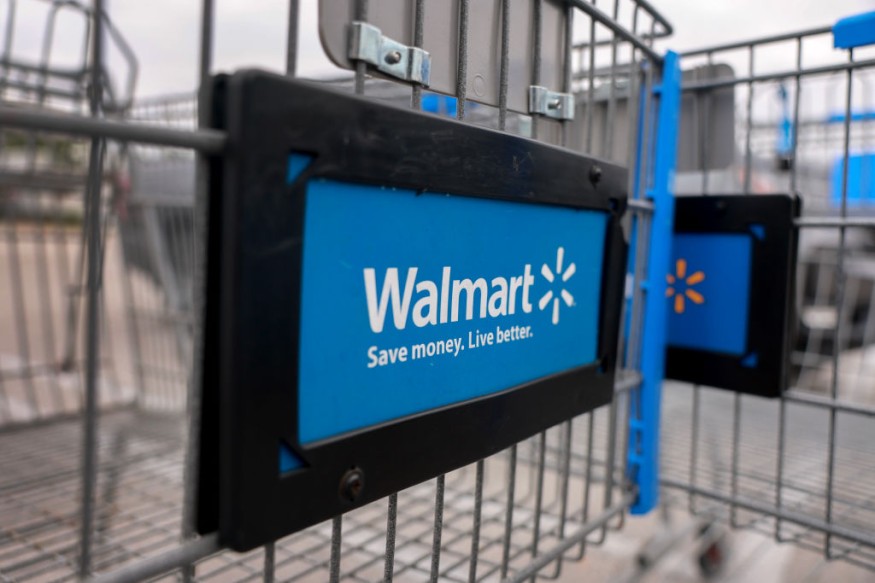
The Consumer Financial Protection Bureau (CFPB) has filed a lawsuit against Walmart and Branch Messenger, accusing them of forcing gig economy delivery drivers in Walmart's Spark program to use costly deposit accounts for their wages.
The lawsuit, filed last week, alleges that over the course of two years, beginning in 2021, Walmart and Branch violated federal laws by requiring 1 million delivery drivers to use Branch's accounts for pay. Drivers who refused were allegedly at risk of termination.
CFPB Lawsuit Claims Walmart's Spark Program Trapped Drivers in High-Fee Accounts
Walmart's Spark program uses gig workers for "last mile" deliveries from Walmart stores to customers across the US. Walmart partnered with Branch, a fintech company, to provide digital deposit accounts through Evolve Bank & Trust.
According to the CFPB, the drivers were misled about their payment options, with Walmart telling workers that they had no choice but to use the Branch accounts to get paid. Drivers who sought alternative payment methods faced delays and high fees for accessing their wages.
The CFPB claims that these practices cost drivers over $10 million in fees, including fees for transferring funds to accounts of their choice, AP News said.
In addition, the CFPB stated that Walmart and Branch misrepresented how quickly workers could access their earnings, with drivers often encountering delays and obstacles that resulted in further frustration.
In response to the lawsuit, Walmart denied the allegations, calling the lawsuit "rushed" and filled with inaccuracies.
A company spokesperson argued that Walmart had not been given a fair chance to present its case and promised to defend the company vigorously in court. Branch Messenger, on the other hand, also disagreed with the claims, stating that the CFPB's lawsuit misrepresents the facts and law.
CFPB Criticizes Companies for "Draining Earnings" of Gig Workers with Junk Fees
The company emphasized that it provided Walmart's drivers with quick access to their earnings and expressed frustration with what it called the CFPB's failure to engage in meaningful discussions.
The lawsuit is a significant action by the CFPB, which aims to protect workers from deceptive practices in the gig economy.
According to RetailTouchPoint, the CFPB's director, Rohit Chopra, criticized the companies for taking advantage of delivery drivers by forcing them into accounts that drained their earnings.
"Companies cannot force workers into getting paid through accounts that drain their earnings with junk fees," Chopra said.
The case has drawn attention to the broader issue of how large companies like Walmart and Amazon treat their gig workers.
In addition to Walmart, Amazon has faced regulatory scrutiny for its delivery practices and the working conditions of its third-party drivers.
As the case moves forward, both Walmart and Branch are preparing to defend their practices, but the lawsuit raises important questions about how businesses should handle payments and financial services for workers in the gig economy.
The outcome could have significant implications for how gig workers are treated in the future and how companies can ensure that their payment systems are fair and transparent.















